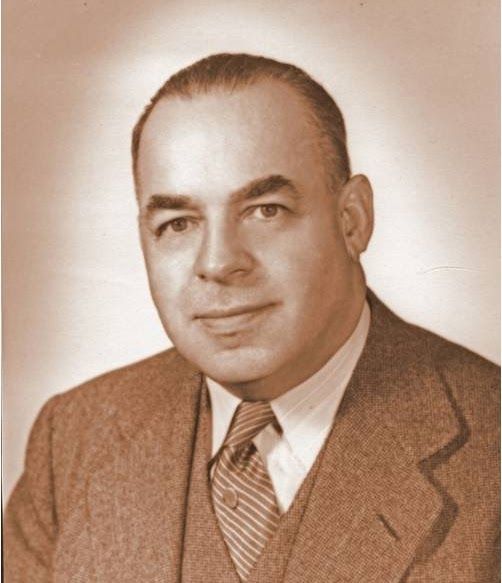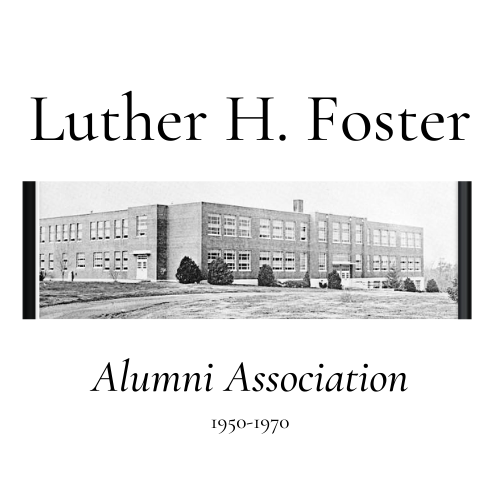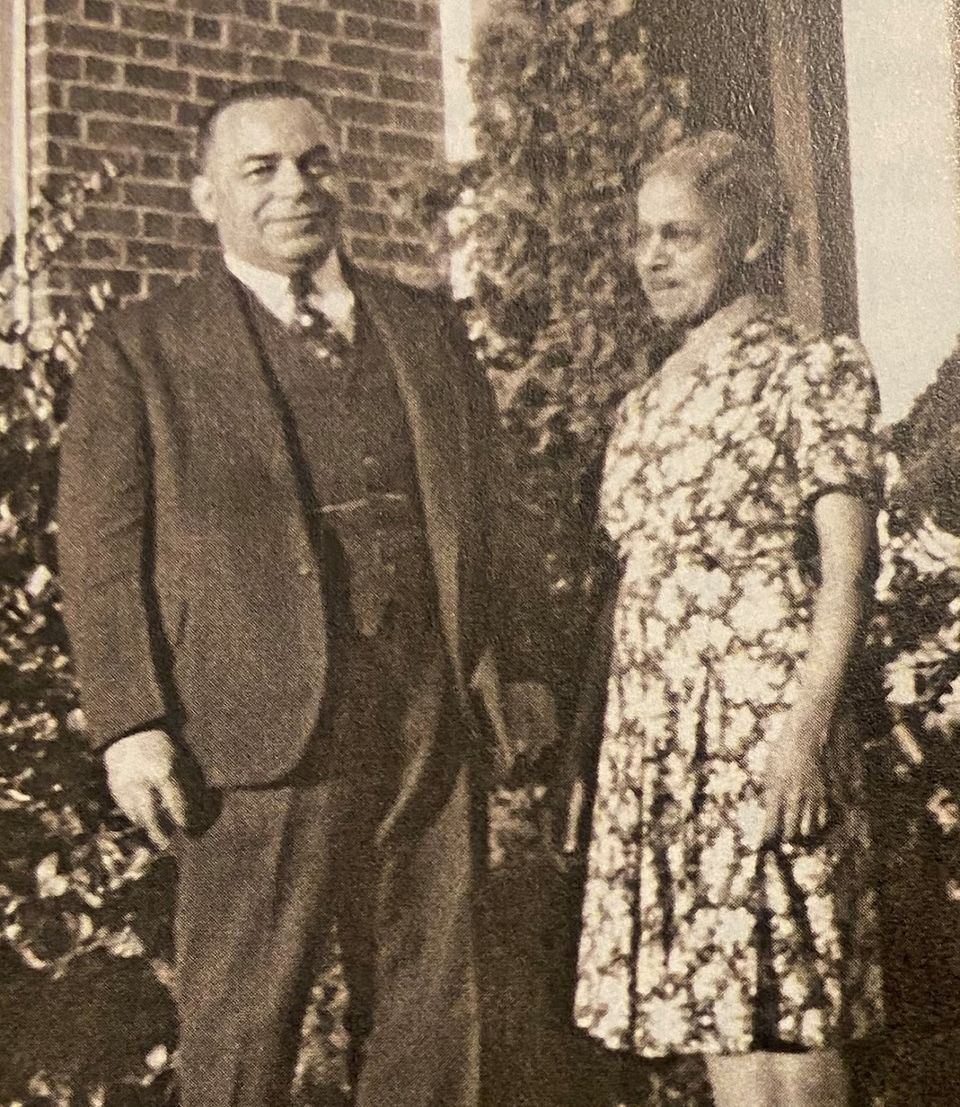
Dr. Luther H. Foster, Sr.
Educator. Trailblazer. Pioneer
In Memory of Dr. Luther Hilton Foster, Sr. by Laura Hendrick Charity (Granddaughter of Dr. Foster)
Luther Hilton Foster, Sr. was born on May 26, 1888 in the little town of Clover in Halifax County, Virginia. He was the son of Oliver and Mary Elizabeth Bailey Foster. His father was a farmer who also operated a small country store on the highway just outside of town. His mother had been a slave child. Theirs was a family of ten children, with Luther the fifth of six boys and four girls.
Luther attended the grades taught in the one and two room county schools. He liked arithmetic and studied it during the summer months, using a plank portable blackboard borrowed from the school. He made his first desk from rough plank. It had a top which he kept locked to keep his papers and belongings secure.
During these formative years he was engaged in part-time farm work and worked in his father's store. That was the beginning of his life's work. In his late teens and early 20's he attended St. Paul's Normal & Industrial Institute (St. Paul's College) in Lawrenceville, Virginia. Following graduation he taught for one year in the public schools, after which he returned to St. Paul's to serve a three-year apprenticeship in the institute's business office. From 1911 to 1913 he was employed as head bookkeeper at St. Paul's under the supervision of Daniel Crawford Smith, CPA, of New York City, auditor for the institute.






